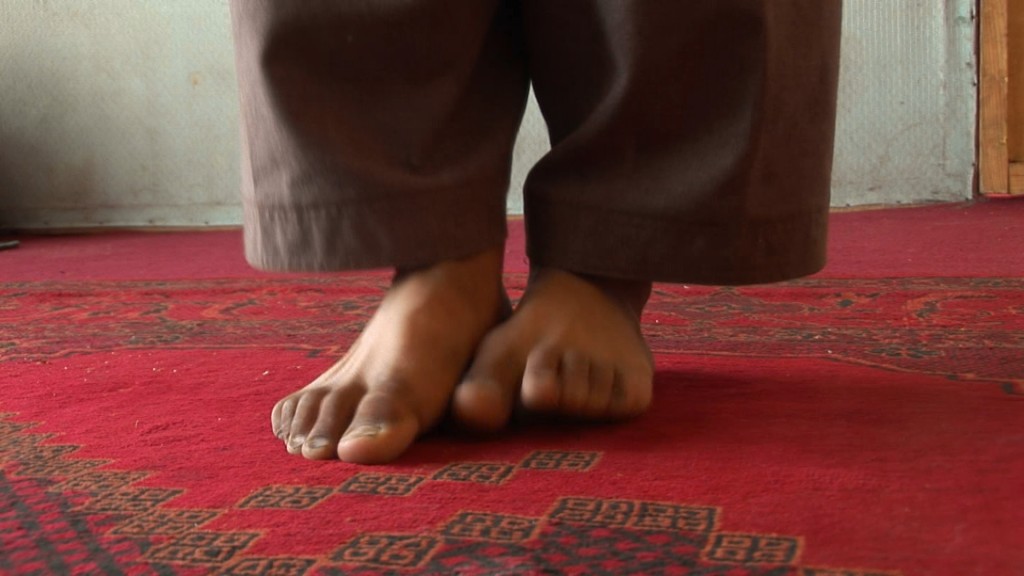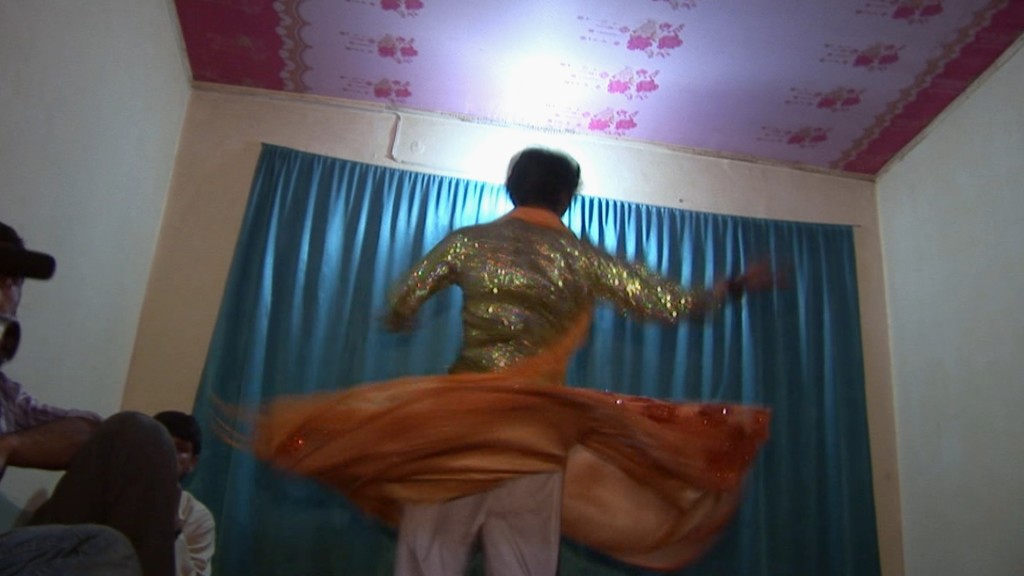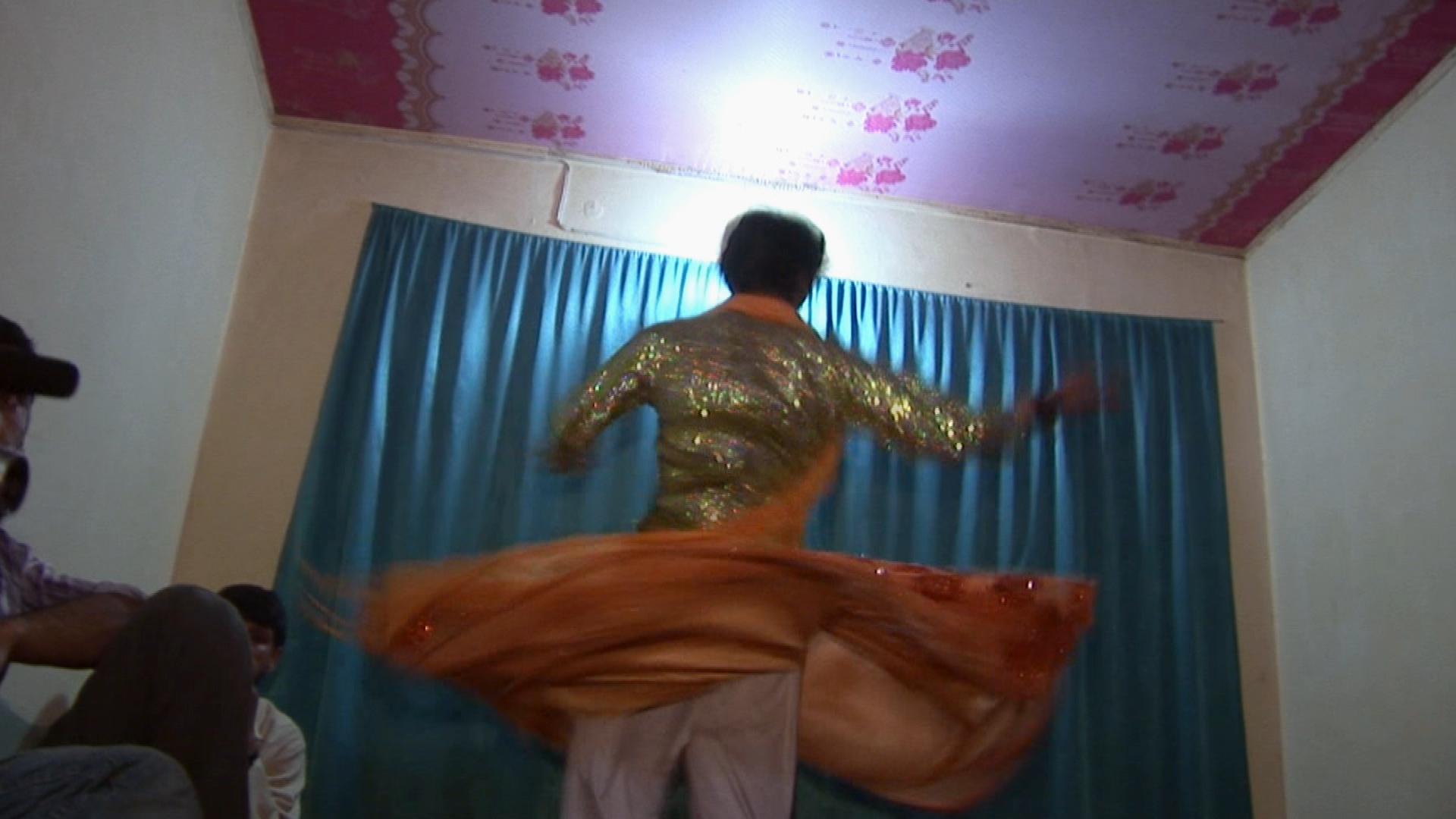Pentagon Opens Probe Into Sexual Abuse by U.S. Allies in Afghanistan

October 28, 2015
Share
The Defense Department’s Inspector General’s office has opened an investigation into whether United States soldiers were discouraged from reporting the rape and sexual abuse of children by their Afghan allies.
The investigation, announced on Tuesday, comes five weeks after a New York Times report on American soldiers who said they were told to ignore when Afghan militia commanders and local police abused or raped young children — a practice known in Afghanistan as bacha bazi, which translates to “boy play.”
The investigation found that some U.S. soldiers — like Capt. Dan Quinn and Sgt. 1st Class Charles Martland — faced disciplinary actions after disobeying what they said was an unwritten rule in the military to ignore the abuse. Both men got into a fight in 2011 with an Afghan police commander who allegedly kept a boy chained to his bed as a sex slave. The Army relieved Quinn of his command after the incident. It also sought to forcibly retire Martland, according to The Times.
U.S. and coalition forces and the government of Afghanistan have relied on militias and powerful warlords in the fight against the Taliban, sometimes despite accusations of human rights violations or other criminal activity. The policy of nonintervention in the case of child abuse, was meant to maintain good relations with those allies.
In September, when the Times report was published, a spokesman for the American command in Afghanistan told the newspaper that “allegations of child sexual abuse by Afghan military or police personnel would be a matter of domestic Afghan criminal law.”
In a notice on Tuesday, the inspector general’s office said its probe would focus on U.S. policy surrounding allegations of child sex abuse by Afghan security forces, and whether there was any “guidance, informal or otherwise, to discourage reporting” such abuse.
The office said it also plans to investigate how many cases have been reported to U.S. and coalition forces in Afghanistan, what action was taken in those cases, and what training has been given on how to identify and respond to allegations of child sex abuse.
FRONTLINE’s 2010 investigation, The Dancing Boys of Afghanistan, found that bacha bazi, which was banned under the Taliban, had secretly been revived, even though it remains illegal in Afghanistan. Journalist Najibullah Quraishi found powerful Afghan men, some of them warlords or former militia commanders who fought the Taliban, engaging in the practice. They would give the families of the boys money in exchange for taking them and training them to “entertain” wealthy merchants and warlords.
While a police chief told Quraishi that anyone caught practicing bacha bazi would be “severely punished,” Quraishi later found police officers and investigators at parties watching the boys dance.
Related Film: The Dancing Boys of Afghanistan
FRONTLINE takes viewers inside the war-torn nation to reveal a disturbing practice that is once again flourishing in the country — the organized sexual abuse of adolescent boys.

Related Documentaries
Latest Documentaries
Related Stories
Related Stories
Explore
Policies
Teacher Center
Funding for FRONTLINE is provided through the support of PBS viewers and by the Corporation for Public Broadcasting, with major support from Ford Foundation. Additional funding is provided the Abrams Foundation, Park Foundation, John D. and Catherine T. MacArthur Foundation, Heising-Simons Foundation, and the FRONTLINE Trust, with major support from Jon and Jo Ann Hagler on behalf of the Jon L. Hagler Foundation, and additional support from Koo and Patricia Yuen. FRONTLINE is a registered trademark of WGBH Educational Foundation. Web Site Copyright ©1995-2025 WGBH Educational Foundation. PBS is a 501(c)(3) not-for-profit organization.























